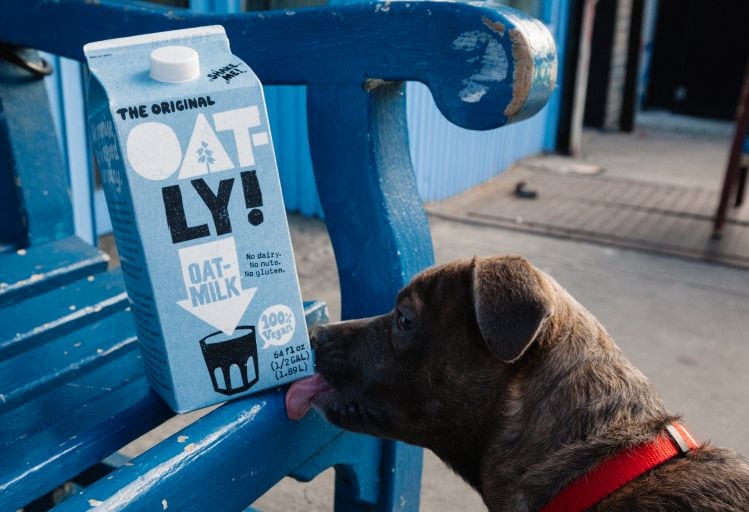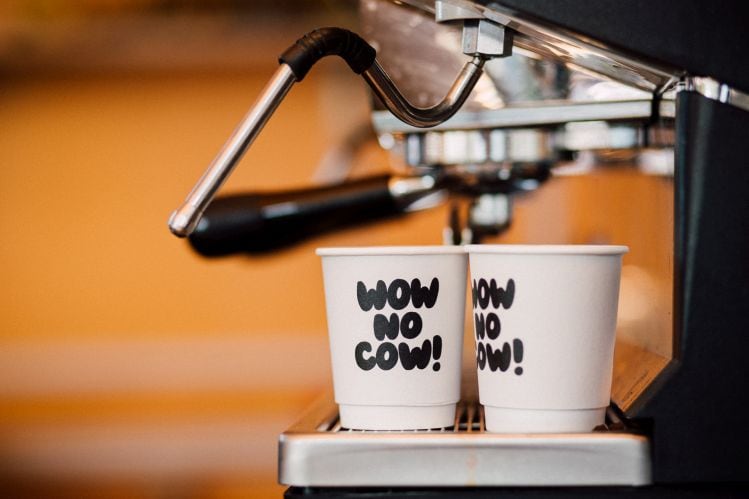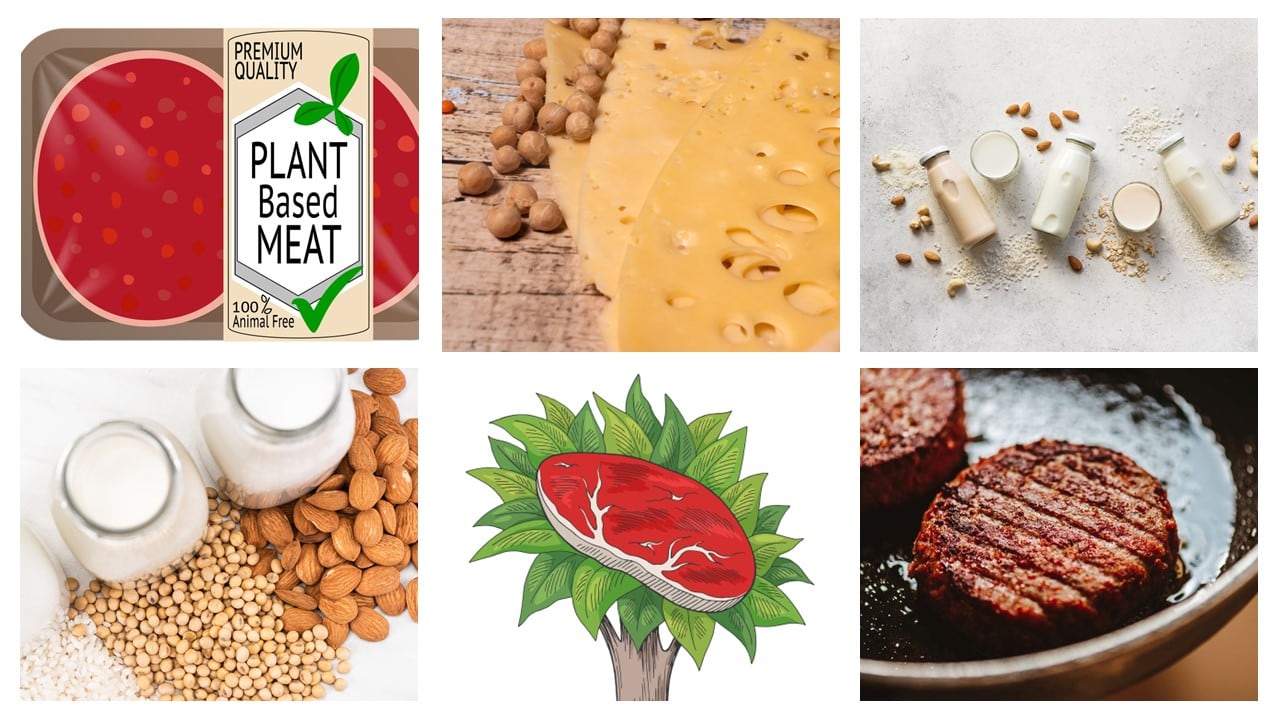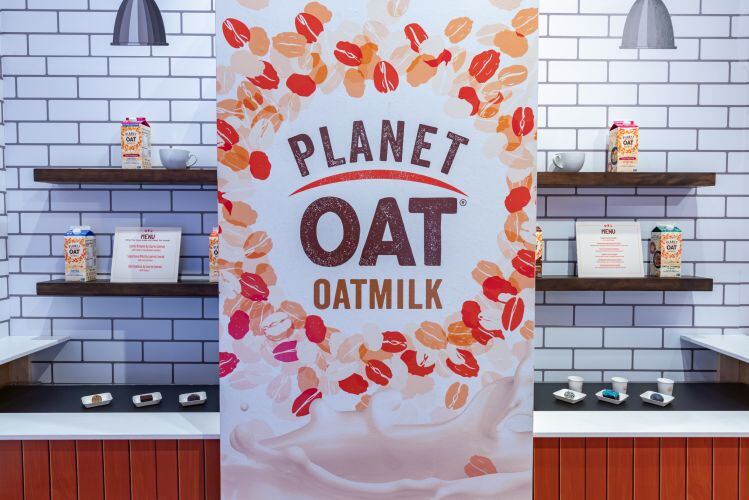Loss-making Oatly – which has historically touted the benefits of self-manufacturing as key to improving margins – announced a change in strategy on its Q3 earnings call in November after posting a $107.9m net loss on net revenues of $183m, with gross profit margins of just 2.7%, a figure CEO Toni Petersson insisted would rise over time as improved operating efficiencies improved.
According to Petersson, a hybrid strategy whereby Oatly makes its proprietary oat base, but third parties turn it into finished products, will help the loss-making firm cut costs in the short term: "This is expected to significantly reduce our future capital expenditures and have a positive effect on cash flow."
Oatly will continue to produce its oat base, Ya YA will manufacture finished products in Utah and Texas
As part of the deal with Ya YA Foods, expected to close in the first quarter of 2023, Oatly will continue to produce its proprietary oat base at plants in Ogden, Utah and Fort Worth, Texas, which will be transferred to Ya YA to be co-packed into Oatly products on-site.
Ya YA Foods, which specializes in aseptic production, will acquire a majority of the assets used in the operations, including mixing and filling equipment.
It will also assume the property lease in Ogden and complete construction of the production facility and the lease in Fort Worth, which was originally designed as an 'end to end' facility (in which Oatly makes its own oat base and finished products on site) and is now switching to a 'hybrid' facility, in which Oatly will transport its oat base through pipelines to an adjacent plant operated by a third party (Ya YA) for filling and mixing.
Oatly will however retain full ownership and operation of the production lines to make its oat base.
Under the deal, Oatly will receive c. $72m, plus an additional credit towards future use of shared assets related to the Ogden facility. It will also receive credit towards ongoing construction at Fort Worth, said Petersson.
“We believe an increased focus on our oat base technology, innovation, branding and commercial execution will better position Oatly to drive profitable growth, while reducing the capital intensity of our future facilities.”
Asked about staffing, an Oatly spokesperson told FoodNavigator-USA: "Oatly will retain several employees at its Ogden facility for the operation of its oat base line with all of the remaining Ogden team becoming employees of Ya YA Foods."
Strategic rethink
While some analysts queried Oatly’s pivot to a hybrid manufacturing model on the Q3 earnings call last year, with Andrew Lazar from Barclays noting that Oatly had historically billed “self-manufacturing as the key factor in the longer term margin improvement story,” Petersson said any negative impact on margins would be “outweighed by simplifying supply chain operations and execution.”
Petersson – who noted that “strategic co packers are easier to find now” – added that the move would “give us flexibility to add capacity faster.”
Lowered outlook for the full year

Highlighting “transitory” issues including ongoing COVID-19-related challenges in Asia, operational problems in the US, and foreign exchange headwinds, Oatly recently lowered its outlook for the full year to $700-$720m (it had previously revised estimates down from $880-$920m to $800-$830m).
However, demand for Oatly’s products remained strong, claimed Petersson: “We continue to see strong velocities, year-over-year sales volume growth, and minimal price elasticity globally, which we believe demonstrates the power and resilience of the brand.”
Overhead and headcount reduction
As part of a cost-cutting plan, Oatly is “executing an overhead and headcount reduction impacting up to 25% of the costs related to the group corporate functions and regional EMEA layers” in a bid to save $25m annually, taking effect in the first quarter of this year.
It has also identified “incremental opportunities in the rest of the organization” to take effect over the same period that could save an additional $25m a year, but said it was “unable to make a reasonable determination of an estimate of the severance and other costs associated with its organizational restructuring plans at this time.”
Asked how the move would impact headcount, a spokesman told FoodNavigator-USA: "These changes include some proposed redundancies initially focused on our corporate and EMEA organizations. We are currently in discussions with unions and are working diligently to minimize the total impact.
"We are unable to disclose any specific numbers on proposed redundancies until our consultations with the unions are complete. Any personnel changes like these are difficult and we are committed to treating all departing employees with respect and empathy."
US revenues up 22.7% to $60.7m in Q3
Oatly - which entered the US market via the coffee shop channel in 2016 and claims it is the fastest-turning brand in plant-based or dairy milk in US retail – said US revenues rose 22.7% to $60.7m in the third quarter (three months ended Sept 30), primarily due to higher production output and price increases “with growth in existing retail and foodservice channels across mainly oat drink product offerings, partially offset by production challenges.”
Fill rates also increased from 67% to 79% during the quarter with an ACV of 36% for oatmilk in US retail.
Increased losses in the US were blamed on “continued challenges in the scaling of production capacity” at the new plant in Ogden, Utah, where a "technical issue" shut down a production line for three weeks, revealed Petersson. "It has since been resolved and production is stabilizing so we can start rebuilding inventory."
Plant-based milk by numbers

Plant-based milk is a $2.73bn category at retail in the US according to SPINS data (52 weeks to Oct 30, 2022), which covers the natural enhanced and conventional (IRI multi-outlet) channels, but excludes Whole Foods, Trader Joe’s, and convenience stores.
According to SPINS, oat milk and shelf-stable coconut milk are driving volume in the category:
- 12 weeks to October 30: $sales +10.5%, unit sales -3%
- 52 weeks to October 30: $sales +7.6%, unit sales -1.4%
Over the latest 12-week period, all of the volume growth came from refrigerated oat milk ($+25.2%, units +7.5%), shelf-stable oat milk ($+35.5%, units +24.1%), and shelf-stable coconut milk ($ sales +91.1%, units +86.3%).
Dollar sales of almond milk – the largest segment of the category – were up +5.5% (refrigerated), and 6.9% (shelf-stable); while units were down -7.5% (refrigerated) and -6.6% (shelf stable) in the latest 12 weeks, taking the overall plant-based milk category into negative territory for unit sales.
Dollar sales of soymilk – once the category leader – were down -0.7% (refrigerated), and up +12.7% (shelf-stable); while units were down -9.5% (refrigerated) and -8.8% (shelf stable) in the latest 12 weeks.
*Source: SPINS natural enhanced and conventional (IRI multi-outlet) channels, 52 weeks to June 12, 2022, excludes Whole Foods, Trader Joe’s, and convenience stores




